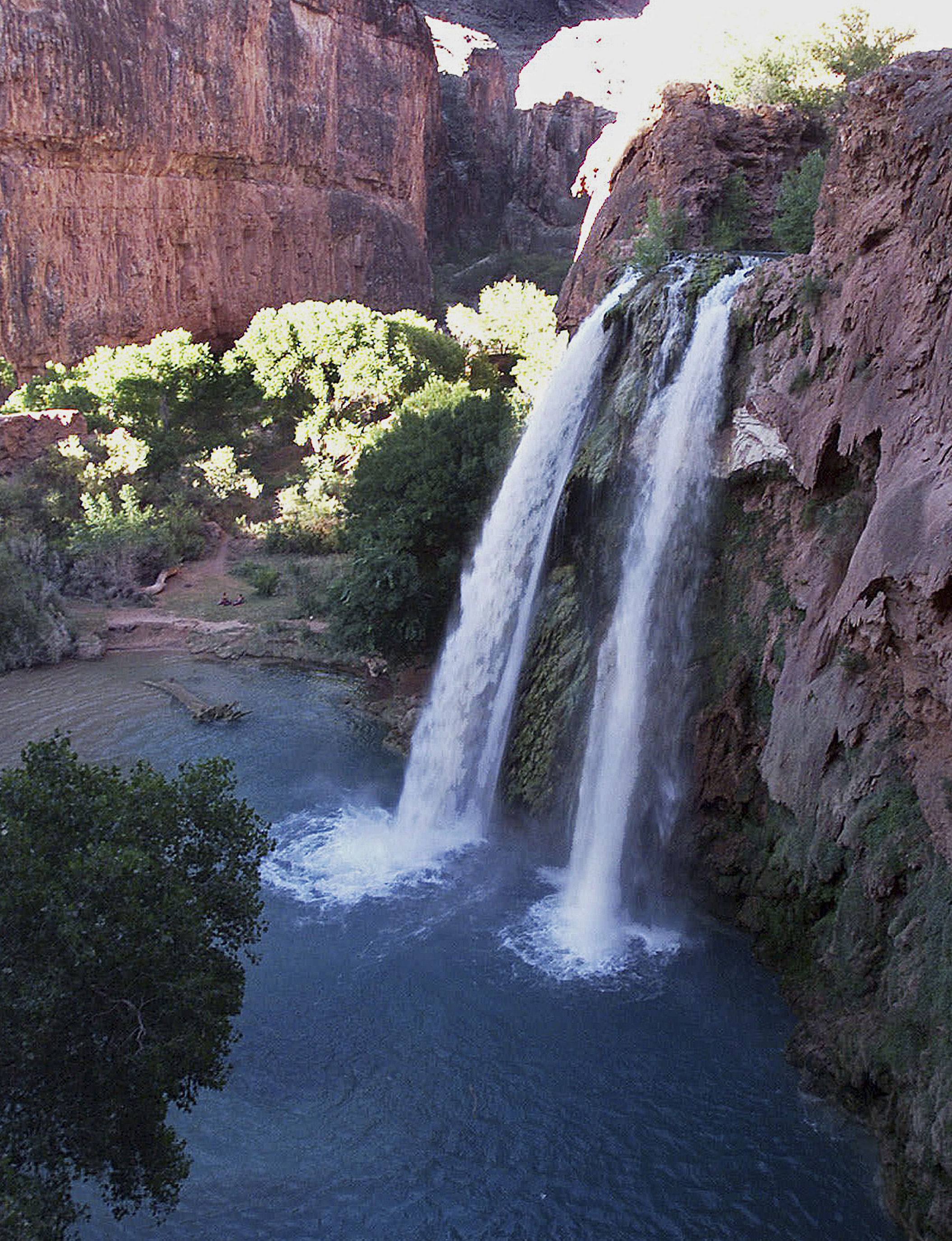
ST. GEORGE — Members of native tribes living in or near the Grand Canyon are calling on Congress to make a provisional ban on uranium mining near the park permanent.
A bill pending in the U.S. Senate would codify an Obama administration executive order outlawing new uranium mining on about one million acres in northern Arizona surrounding the iconic national park.
Tribes and environmental groups supporting the Grand Canyon Protection Act said the ban will protect tribal communities’ drinking water and the Lower Colorado River watershed.
Carletta Tilousi, member of the Havasupai Tribal Council and the White House Environmental Justice Advisory Council, said mining the radioactive element puts the land and waterways in and near the canyon in extreme danger.
“We don’t want the land to be contaminated,” Tilousi asserted. “We’re really concerned about the water that seeps into the Colorado River and not only will contaminate the Grand Canyon but will also contaminate people living downstream.”
The Havasupai, who live inside the Grand Canyon, were joined by Navajo, Hopi and other tribes in calling for tougher protections. Mining proponents claim adequate environmental safeguards can be provided near the mines, and warned the ban would endanger the U.S. strategic uranium supply.

Tilousi serves as an adviser to the Biden administration on environmental justice issues. She noted the Havasupai have been battling mining interests since the mid-1980s, and pointed out one particular area targeted for mining activity is sacred to her people.
“Red Butte is our sacred mountain,” Tilousi explained. “It is a center of our creation stories and the emergence of our people. So we want to keep that mountain protected.”
Tilousi added there is a decades-long history of environmental damage and pollution on tribal lands from uranium mining.
“We need all the support we can to protect the Grand Canyon,” Tilousi emphasized. “A lot of damage has already been done in the past, and we want to make sure what is left will remain protected from environmental contamination.”
Written by MARK RICHARDSON, Arizona News Connection.
Copyright Arizona News Connection 2021, all rights reserved.